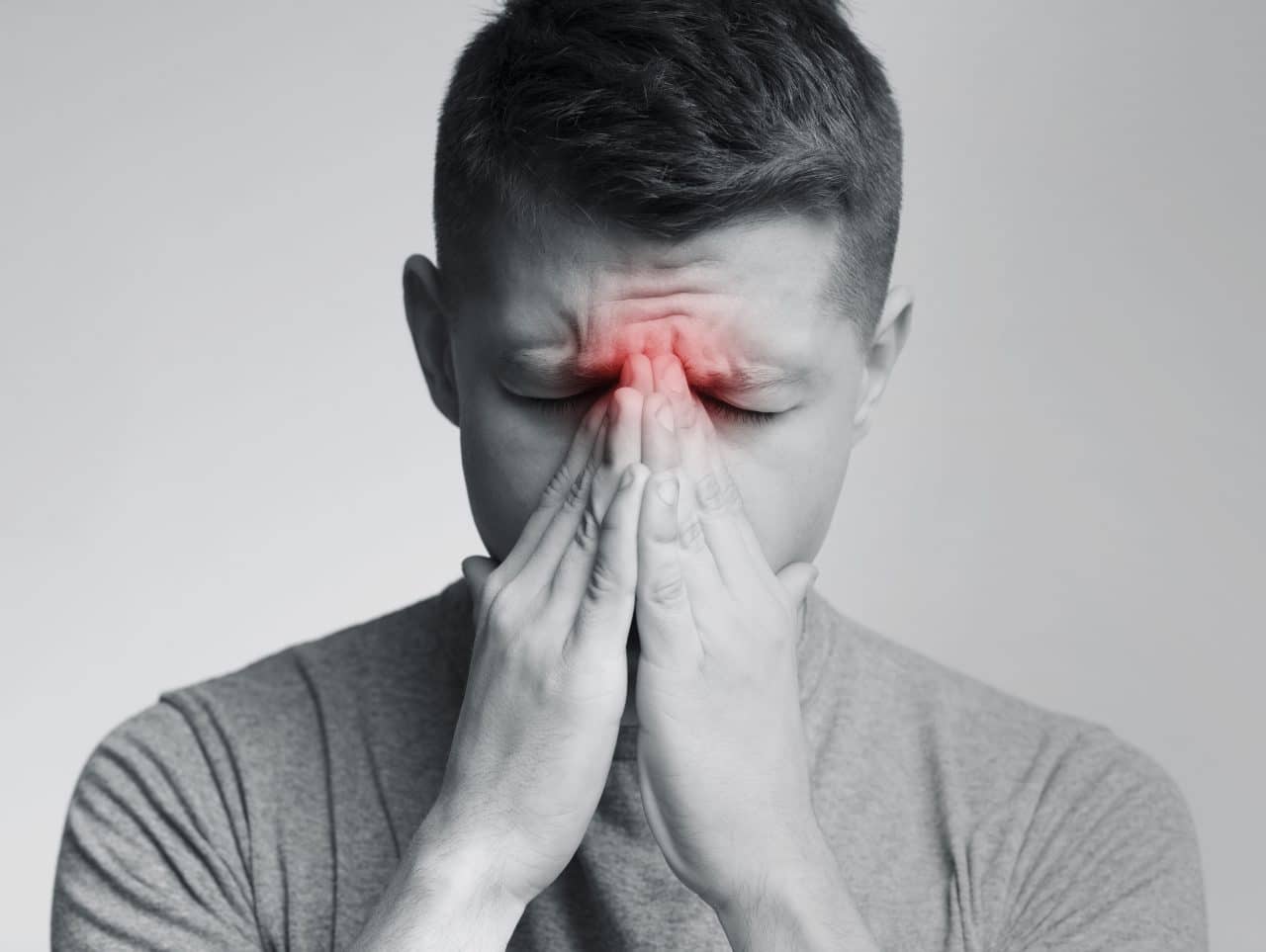There are many ways to refer to a rhinoplasty procedure, including a nose job, nose reshaping or nasal surgery. While some people think of this type of procedure as being purely cosmetic, there are many functional reasons a rhinoplasty may be performed as well. Rhinoplasty can improve breathing, so you can better enjoy your runs at Scarborough Beach State Park.
Rhinoplasty Consultation

Before you undergo a rhinoplasty procedure, you’ll need to meet with your surgeon for a consultation. During the consultation, they’ll ask you about your medical history, including trauma to the face; family history, including reactions to anesthesia; and your goals for surgery. They’ll explain how the surgery will go, what you’ll need to do to prepare and what the recovery process will be like. They’ll also take some photographs.
Preparing for Rhinoplasty
As you prepare for surgery, you should be sure to avoid the following for two weeks:
- Taking aspirin, ibuprofen, naproxen and other non-steroidal anti-inflammatory medications.
- Taking Vitamin E and other herbal supplements.
- Smoking.
- Getting sunburnt.
On the other hand, you should do the following:
- Try a saline nasal spray, Vaseline ointment and stool softener.
- Arrange a ride home from surgery.
Don’t eat or drink anything after midnight the night before your surgery. If you need to take any medications, take a very small sip of water, if necessary.
The Rhinoplasty Procedure
At the beginning of the procedure, your surgeon will administer either local or general anesthesia. Once you’re comfortable, they will make a small incision under the nose and additional incisions inside the nose so they can access the bone and cartilage. They’ll then remove excess bone and cartilage to reshape the nose and open the nasal passages.
Recovering from Rhinoplasty
Immediately after the procedure, the surgeon will insert packing into the nose and place a splint outside the nose to stabilize it and prevent bleeding. You can expect:
- Swelling of the nose, face and eyes.
- Pain or discomfort around the nose.
- Minor bruising around the eyes.
To care for yourself, you should:
- Take all medications as directed.
- Avoid blowing your nose.
- Keep your head elevated when sleeping.
- Stay out of the sun.
- Avoid exertion.
- Contact your doctor if you experience any complications.
- Keep all follow-up appointments.
For more information or to schedule an appointment, call Benjamin Liess MD today.